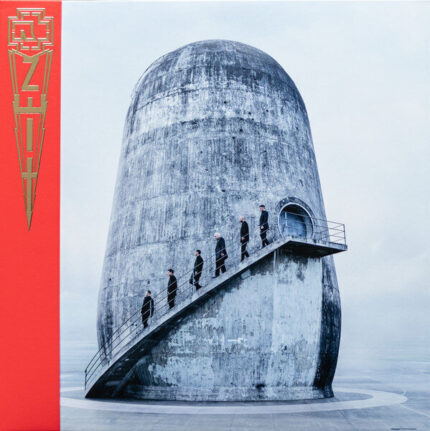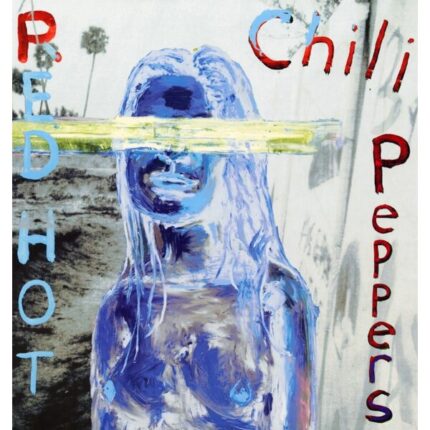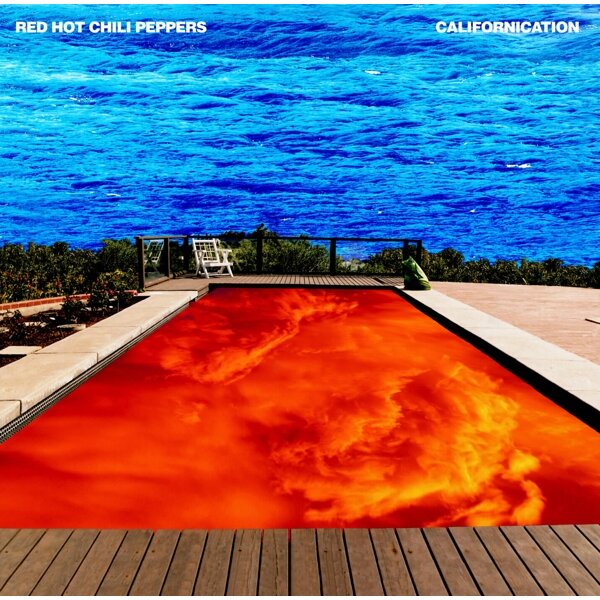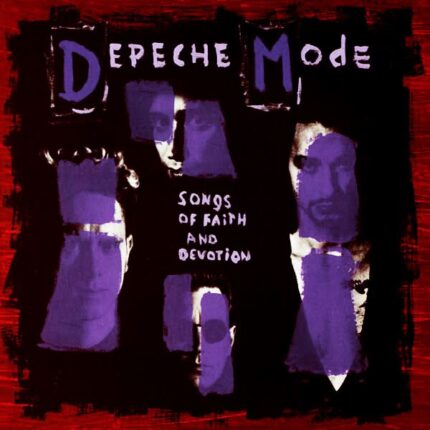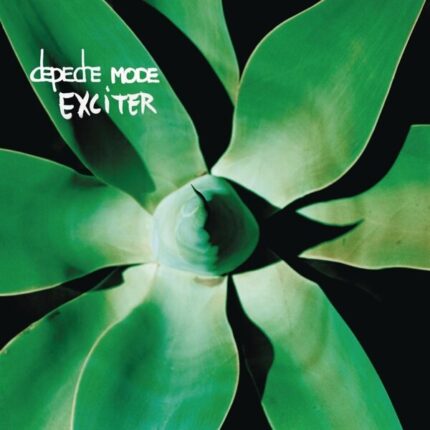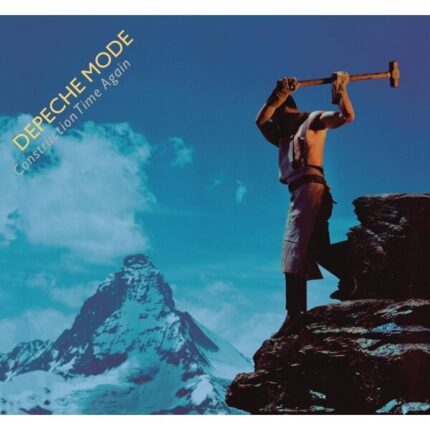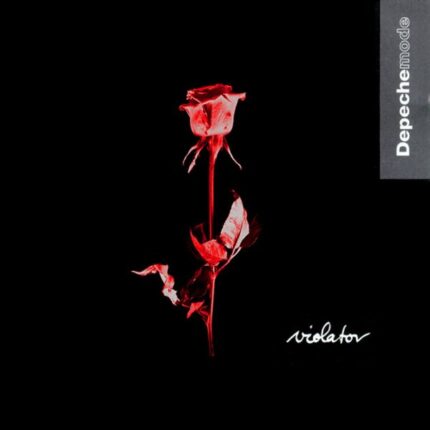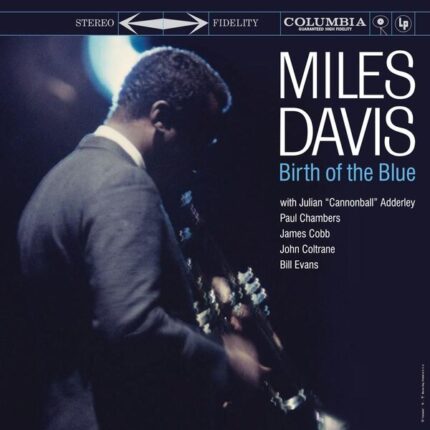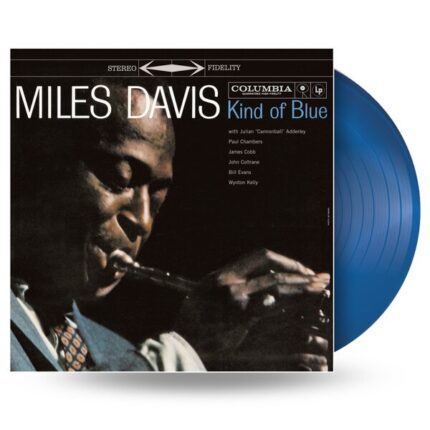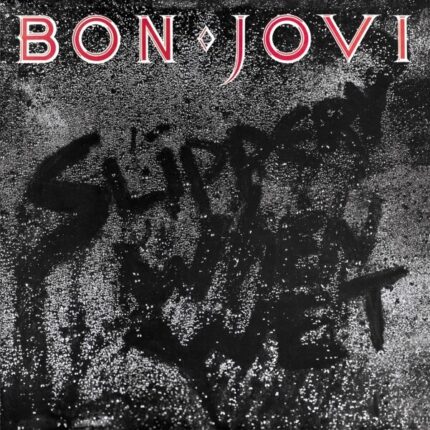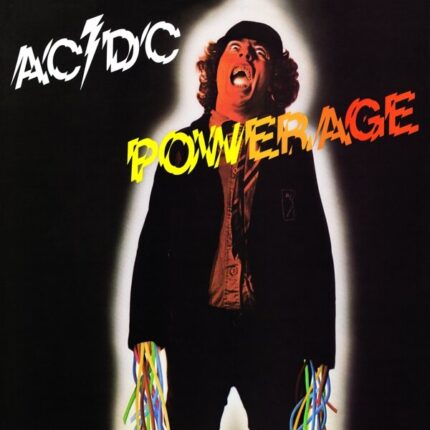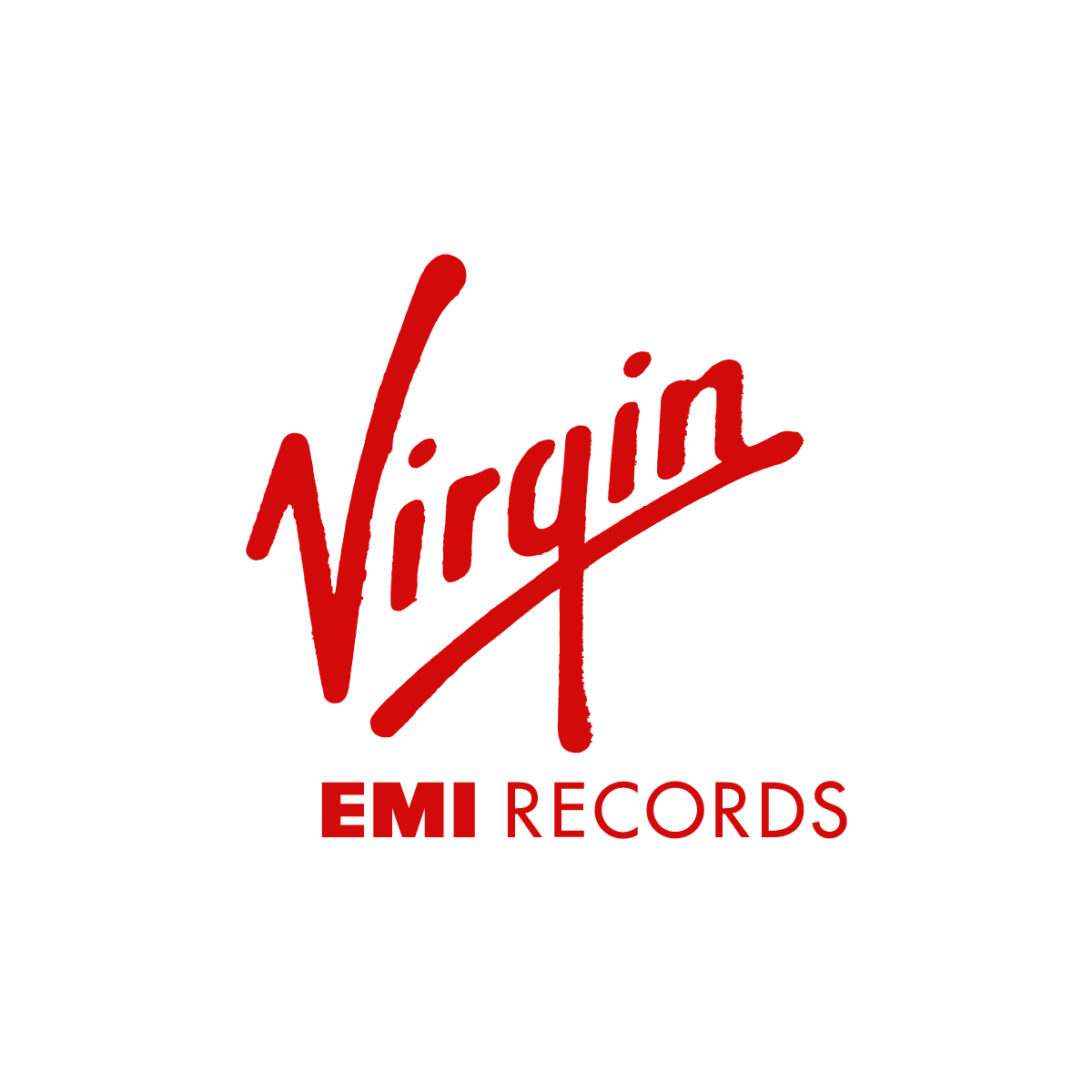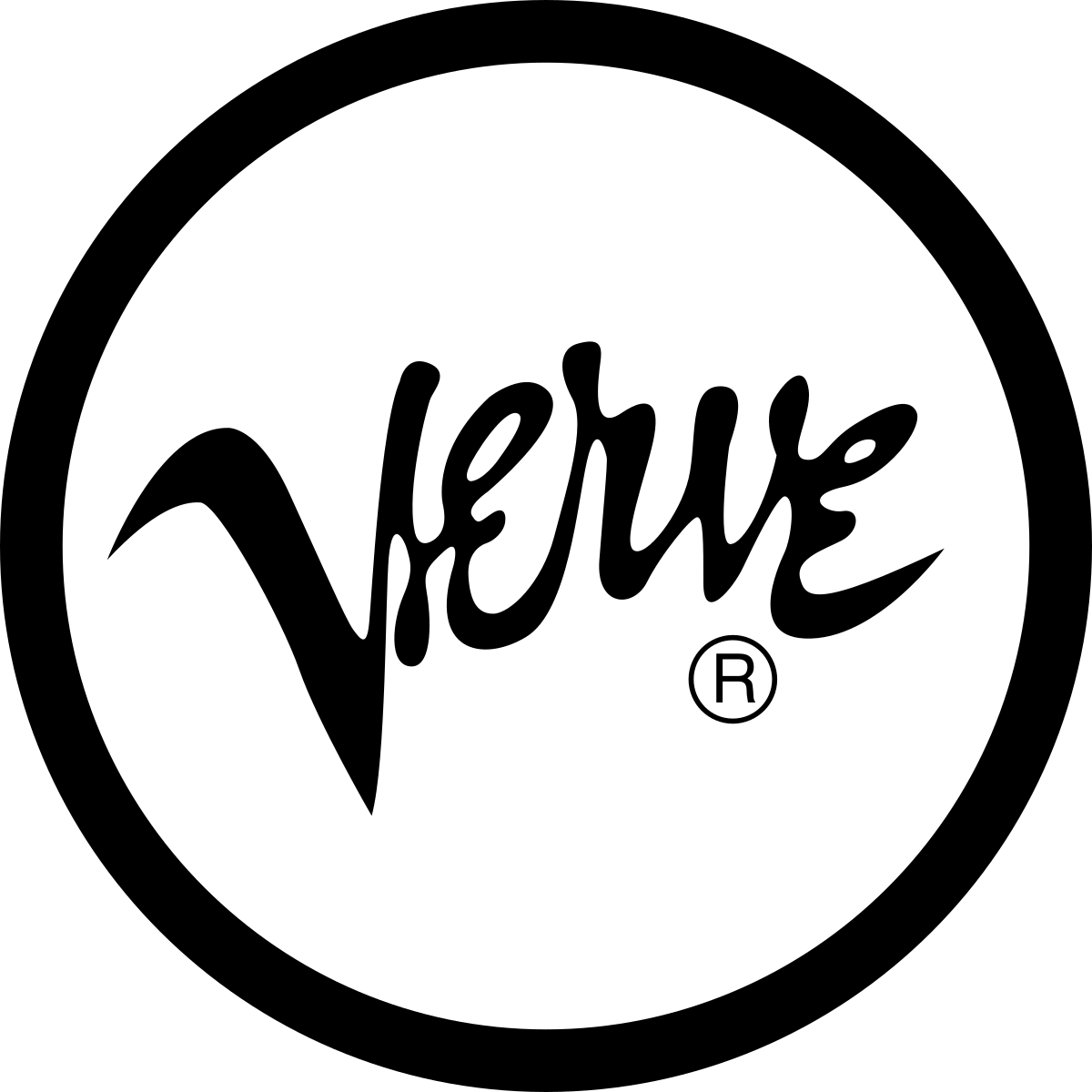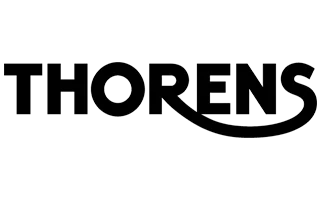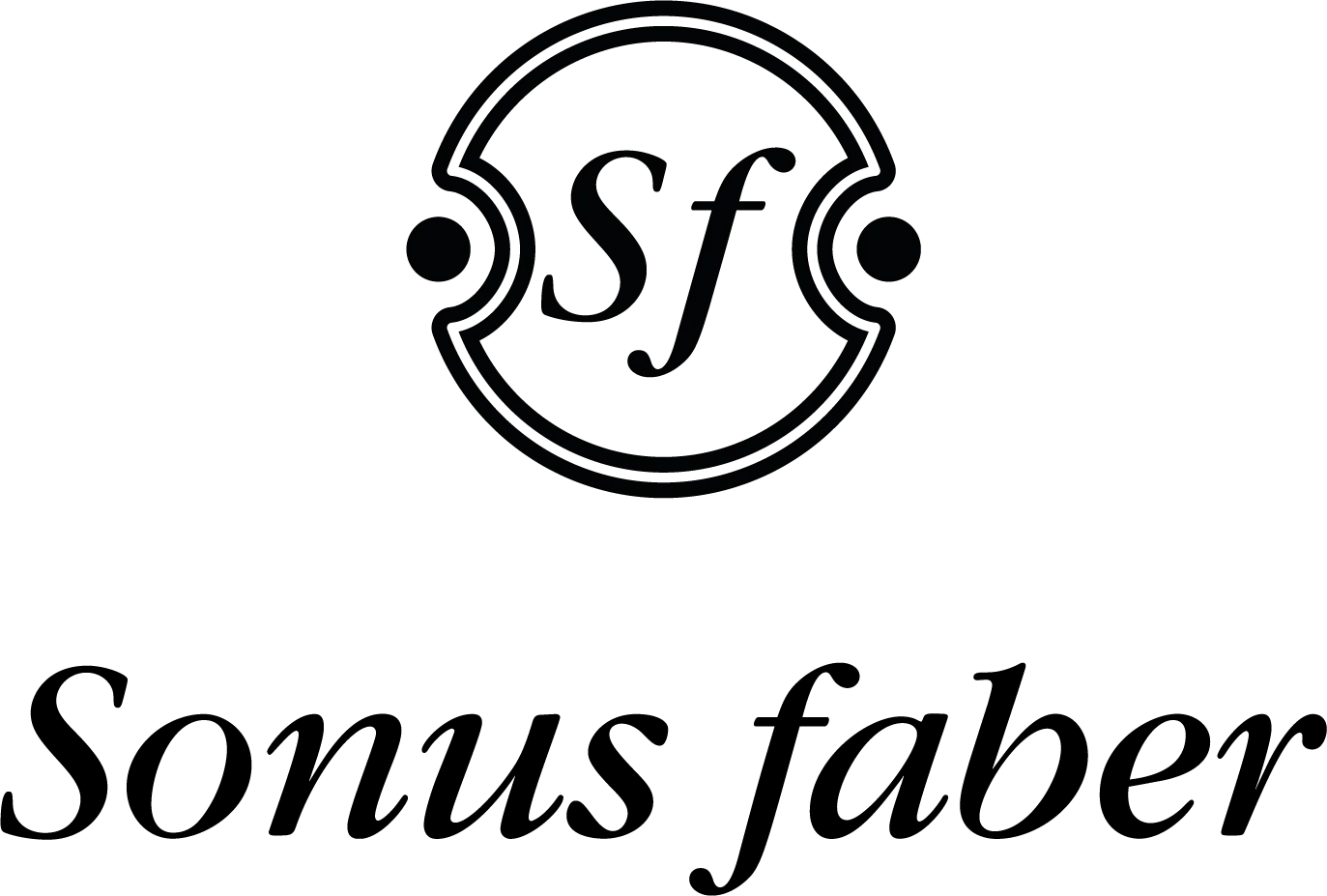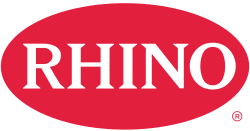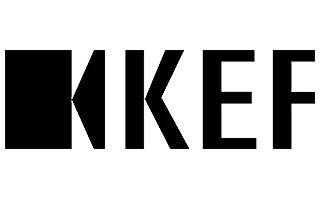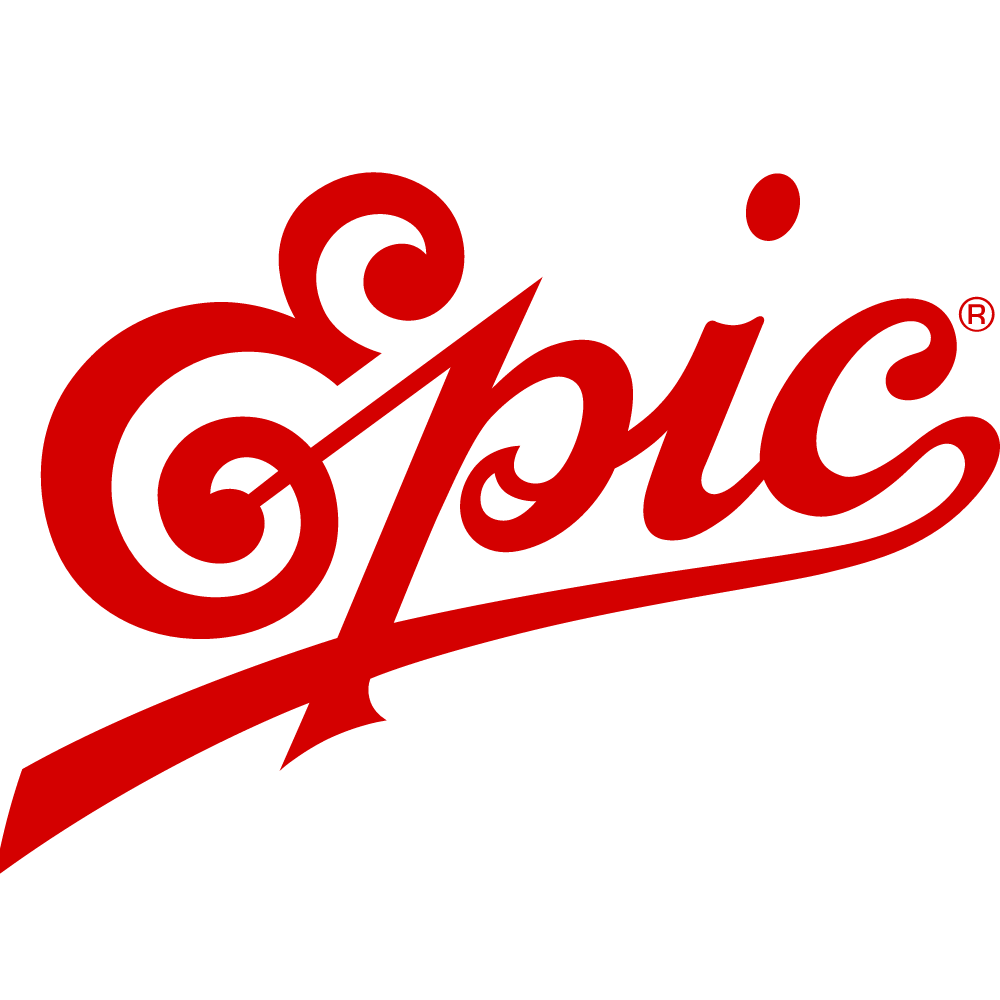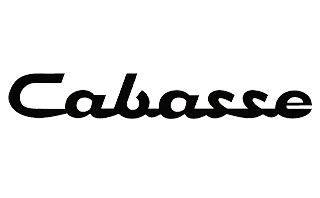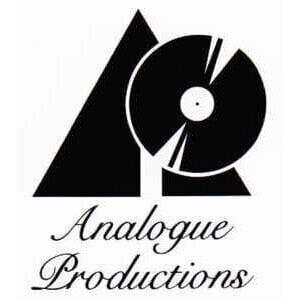Red Hot Chili Peppers — Californication 2xLP
43,00 €
Californication is the seventh studio album by American rock band Red Hot Chili Peppers, released on June 8, 1999, on Warner Bros. Records. It was produced by Rick Rubin. Along with Blood Sugar Sex Magik, Californication is one of the band’s best-selling albums.
Californication marked the return of guitarist John Frusciante, who’d previously appeared on Mother’s Milk and Blood Sugar Sex Magik, and shifted the band’s style. The lyrics incorporated the sexual innuendos already associated with the band, but added themes including death, California, suicide, drugs, globalization and travel.
Californication is the Chili Peppers’ most commercially successful studio release to date, with more than 15 million copies sold worldwide, and more than seven million in the United States alone. As of 2002, the album had sold more than four million copies in Europe. The record yielded several hits for the band, including «Otherside,» the title track and the Grammy Award-winning «Scar Tissue.» Californication peaked at number three on the U.S. Billboard 200.
The record marked a significant change in style for the band: Rolling Stone’s Greg Tate noted that «while all previous Chili Peppers projects have been highly spirited, Californication dares to be spiritual and epiphanic».[6] Another critic, Billboard’s Paul Verna, mentioned that the album brought out «the group’s softer, melodic side», as opposed to their previous six albums.
Background
In 1991, the Red Hot Chili Peppers released their breakthrough album Blood Sugar Sex Magik on Warner Bros. Records. The album sold seven million copies in the United States, and became a seminal component of the alternative rock explosion in the early 1990s. After the release of Blood Sugar Sex Magik, the guitarist John Frusciante left the Red Hot Chili Peppers, as he became overwhelmed by the band’s newfound popularity. Dave Navarro was hired as his replacement, and incorporated elements of heavy metal and psychedelic rock on the band’s 1995 album One Hot Minute. The album failed to match the critical and commercial success of its predecessor, and Navarro left in early 1998.
In the years following his departure, Frusciante became addicted to heroin and cocaine, leaving him in poverty and near death. Friends convinced Frusciante to enter drug rehabilitation, and in 1998, he rejoined the Red Hot Chili Peppers at the insistence of bassist Flea. While in rehab, Frusciante came to terms with rock stardom; in a Rolling Stone interview, he said: «It got into my head that stardom was something evil. If you were a rock star, you were trying to put people on. I don’t see it that way anymore.»[12] With Frusciante, the Red Hot Chili Peppers began brainstorming ideas for a new album. Flea suggested the group record an album with electronic influences, akin to Zooropa by U2. When the band was turned down by multiple electronic music producers (including David Bowie), they decided to instead pursue an alternative rock direction with throwbacks to their roots.
Writing and recording
Rick Rubin in 2009
After producing the band’s two previous albums, Rick Rubin (pictured in 2006) returned to produce Californication.
The majority of the music for Californication was written at Flea’s makeshift garage studio in the summer of 1998. It took Frusciante several weeks to readjust to playing with bandmates, especially while recovering from drug addiction. Singer Anthony Kiedis noted that as a result of this readjustment period, Frusciante adopted a minimalist approach to guitar playing. According to biographer Jeff Apter, the Red Hot Chili Peppers wrote between 30 and 40 songs for the album, which would eventually get distilled to 15 for the release. The band members took on a laid-back approach to writing music. As Kiedis said: «Everyone was having fun. It was as if we had nothing to lose, nothing to gain. We didn’t care; we were making music for the sake of making music.»
Californication was recorded at Cello Studios in Los Angeles, and took a little over three weeks to complete. The band chose Rick Rubin to produce the album. Rubin had worked with the Red Hot Chili Peppers on their two previous albums, and Kiedis noted that there was some hesitation to reenlist him. «We thought that maybe it was time to get a new producer. Every time you make a record, it doesn’t matter how good it was working with a producer, and even if you know you’re going to end up making a record with that same person again, there’s always a day when someone says, ‘Do we want to get a new producer?'» About a week into the recording sessions, Jim Scott was brought in as a replacement audio engineer, as the band was not happy with the original production. The band was timely and professional, in comparison to what Rubin described as the «day-long pot sessions or sexual indulgences» that had plagued the recording sessions for previous albums.
Recording the songs took five days. All four band members recorded their instruments at the same time within the same room. Rubin and Scott wanted the audio to be «dry and punchy», and thus placed numerous microphones directly next to the instruments. Among the microphones used were Shure SM57s, Neumann U47s, and Sennheiser MD 421s. Californication was recorded using Neve 8038 desk on two Ampex 124 24-track tape recorders. Scott induced significant equalization using Neve 1073 EQs. There was minimal overdubbing. Once the songs were recorded, the tracks from the second 24-track machine containing vocals were transferred over to Pro Tools to allow easy experimentation to establish a «map» of how various portions of the vocals would fit together prior to analog assembly of these portions. Continuing on the theme of making the album sound «dry and punchy», most of Californication was mixed using monaural sound. Scott felt the initial recordings were already good, and thus very little was altered during the mixing sessions. The album was mixed separately on various digital formats (including Digital Audio Tape and DA-88) to compare the sound, and Scott eventually used an analog 2‑track at 30 inches per second.
- 1. Around The World
- 2. Parallel Universe
- 3. Scar Tissue
- 4. Otherside
- 5. Get On Top
- 6. Californication
- 7. Easily
- 1. Porcelain
- 2. Emit Remmus
- 3. I Like Dirt
- 4. This Velvet Glove
- 5. Savior
- 6. Purple Stain
- 7. Right On Time
- 8. Road Trippin'


TASUTA TARNE ÜLE EESTI *
Eestisisesed saadetised jõuavad üldjuhul ostja määratud sihtpunkti 3-5 tööpäeva jooksul alates müügilepingu jõustumist. Leping jõustub alates tasumisele kuuluva summa laekumisest Veebipoe arvelduskontole.
*Üle 100€ tellimuste puhul
Oma kaupade järgi võib ka tulla kohapeale, aadressile Kallaste 7, Tabasalu
VEEBIPOE OMANIK
Veebipoe hifimarket.ee omanik on Audio Sommelier OÜ (registrikood 16891515), asukohaga Kallaste, 7, Tabasalu keskus, 76901

